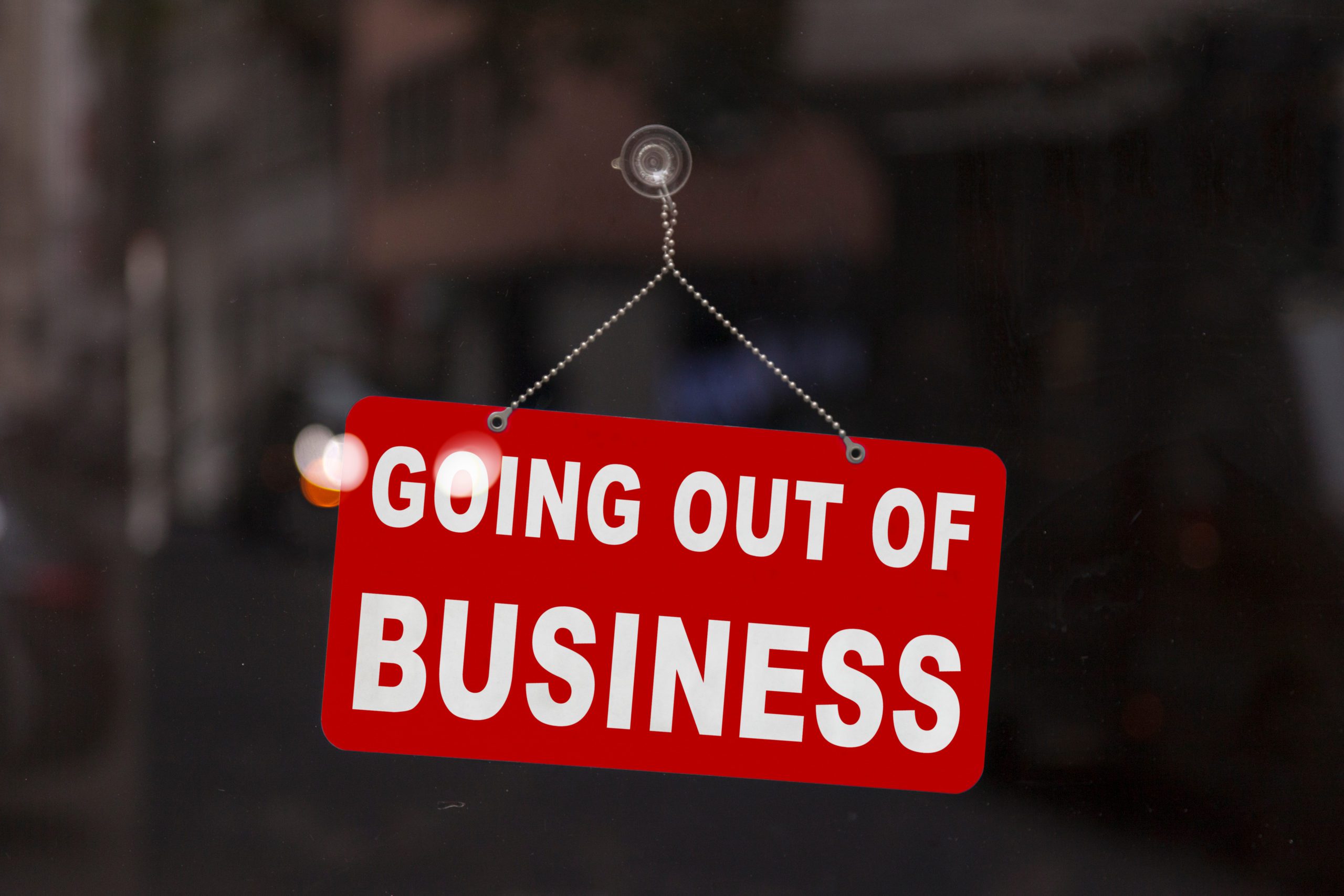
A confluence of factors—including all-time high inflation rates, the euro’s dismally low purchasing power, and exorbitantly high-priced energy—are having catastrophic effects on Europe’s main economic engine, bringing thousands of German businesses to the brink of collapse, the German Retail Trade Federation (HDE) has warned.
In a letter to Vice-Chancellor and Economic Minister Robert Habeck (Grüne), the German Retail Trade Federation (HDE), an organization that represents the needs and interests of the country’s retail sector, warned that some 16,000 businesses are facing bankruptcy this year, referring to the predicament as “existentially threatening,” the Hamburg-based newspaper Der Spiegel reports.
The trade federation, which according to its website “consists of about 300,000 independent companies with a total of 3 million employees and a yearly turnover of more than 500 billion euros,” stressed that “exploding energy costs” are making it impossible for an increasing amount of retailers to break even, let alone make a profit, adding that “negative trend” was unlikely to abate in the year ahead.
Retail trade is Germany’s third largest economic sector, behind industry and crafts. This year, alone, energy costs in the sector have jumped by an average of 147%, the trade federation said, noting electricity costs now presently account for nearly 3% of sales—a figure that is expected to increase to 5% next year.
HDE President Josef Sanktjohanser and Managing Director Stefan Genth emphasized that, before the energy crisis, returns across many retail sectors were already dismally low. They also mentioned that, in the case of the retail clothing and food sector, profits as a percentage of sales stand at a mere 2.1% and 2-4%, respectively, while in the case of shoes it is negative at -1.2%. As a result of the razor-thin to non existent margins, sky-high energy costs have caused many companies to “fall into the red,” Sanktjohanser and Gength said.
To make matters worse, shifting the rising energy prices onto consumers is no longer feasible due to a precipitous decline in purchasing power of private households paired with historically high inflation, the HDE stated. Therefore, the trade federation is calling on the federal government to expand the energy supply, establish an electricity price cap, drastically reduce the electricity tax, and provide at-risk businesses with financial aid.
Late last month, German Chancellor Olaf Scholz (SPD) announced that the government would borrow €200 billion to attenuate the apocalyptic economic fallout caused by the runaway energy prices, as The European Conservative previously reported.
